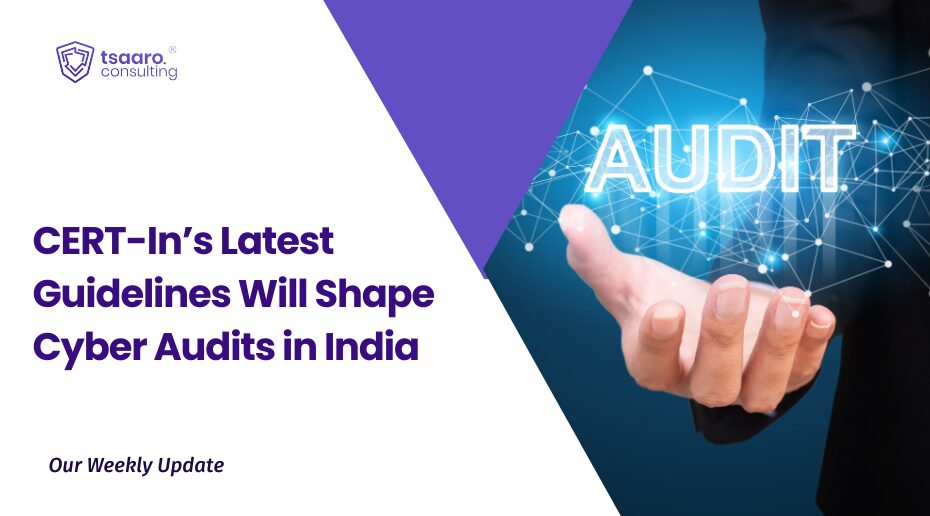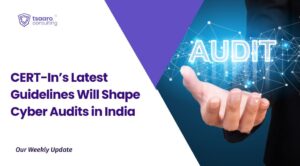India’s Personal Data Protection (PDP) Bill has been in the news for a very long time. Moved by the rapid adoption of Saas across organisations under the pandemic, the Indian programming as a help (SaaS) market which saw 5x development in incomes in the beyond five years is set for rapid development by 2025. The PDP which is still in the works will have a major impact on all things cyber in the country, thus organisations must have a tentative idea of what’s coming at them.
How big is Saas in India?
The Indian Software as a Service (SaaS) scene keeps developing quickly, with more organisations arriving at the more extensive scope and driving increased financial backer interest. Interest in SaaS expanded 170% more than 2020 and is relied upon to reach $4.5 billion out of 2021, representing 8% of India’s general private value and investment bargain esteem. This premium traverses both beginning phase Indian SaaS organisations, with an 85% increment in the average worth of seed adjusts more than 2019. Later-stage SaaS organisations, with a 20 rate point expansion in portions of Series D+ subsidising changes north of 2019.
Indian SaaS organisations developing and have demonstrated adaptability are driving this increased revenue across venture stages. In 2021, in excess of 35 Indian SaaS organisations had $20M+ yearly repeating income- a sevenfold increment more than five years-with somewhere in the range of seven and nine of these organisations arriving at the $100M achievement (versus one to two organisations five years prior).
Notwithstanding advanced administrations and distributed computing leading IT development, it has been anticipated that the development of India’s product as-a-administration industry holds enormous potential in encouraging our monetary advancement. Reports by McKinsey and SaasBoomi have expected that this industry will be valued at $1 trillion by 2030. Indian Saas organisations like Freshworks and Salesforce are only two of the numerous Indian Saas organisations, new companies, and unicorns.
Last year, Saas organisations received speculation worth around $1.5 billion. The somewhat minimal expense of recruiting in India, the developing inclination of programming, and the wealth of engineers in this space may conceivably make India rule the area in a couple of years time. Be that as it may, the obligation to assemble discipline is as yet needed, taking into account how the local startup area of India has quite far to cover to be viewed as severe enough when contrasted with unfamiliar startup environments like Silicon Valley.
How will PDP affect SaaS companies?
-
Cross-Border Data Transfer
The nearby data stockpiling standards set up apply to delicate individual data, which incorporates classifications like wellbeing, funds, biometric, and the sky’s the limit; from there, the public authority can likewise tell different categories of such data. While the Bill permits substances to move the data outside India based on endorsed agreements, sufficiency and then some, primary individual data must be handled in India and moved outside on the restricted grounds of crisis administrations. The Bill doesn’t characterise primary personal data or give any direction on what establishes basic individual data, despite empowering the public authority to tell classes of it.
These capacity necessities can stop admittance to worldwide cloud administration stages for new companies in India. Moreover, they may likewise restrict admittance to worldwide business sectors and the most recent innovations. This could lessen the net revenues, efficiency and sabotage seriousness for new businesses.
Also, reducing working expenses is fundamental for new companies in the beginning phases of development. The localisation prerequisites and limitations take steps to increment working expenses and prevent the capacity of new businesses to foster their administrations.
-
Data access restrictions on companies
While the PDP Bill explicitly bars anonymised data from its extension, the public authority is as yet permitted to request this data from any substance, with the end goal of better assistance conveyance and informed strategy making.
This arrangement can hamper the business activities of huge, medium and little partnerships. Expressly, new companies set forth necessary amounts of energy to gather data and foster bits of knowledge, and all things considered, an obligatory sharing prerequisite can hurt their endeavours.
“The Bill should zero in on private data security and ought to exclude arrangements for managing non-personal data (NPD). Also, a different government board of trustees is by and by inspecting the issue of directing NPD thoroughly. New companies should offer their perspectives on NPD guidelines to this advisory group.
-
Restrictions on collecting children’s data
The PDP Bill characterises a ‘kid’ as anybody younger than 18 years while also expecting elements to confirm a youngster’s age and get parental permission before handling data having a place with the kid. The way old enough confirmation and obtaining parental permission will be set somewhere around the data protection authority (DPA).
The age-confirmation necessities might affect all elements offered on the web administrations. Basically, the Bill would require an age check of each client to guarantee no kids’ data is being handled. Besides, the prerequisite of parental assent might bring kids losing admittance to significant administrations, particularly for new companies in areas like edu-tech, health tech and gaming-as handling youngsters’ data will be confronted with expanded consistency necessities the type of which is yet obscure.
-
Limitations on data collection and its purpose
The Bill expects elements to gather individual data for purposes that are clear, explicit, legal and conveyed ahead of time. This can be an obstruction for new companies, who at times gather data without a conclusive reason or adapt data. In that capacity, new companies should expect and get the permission of clients before handling the data for any new use-cases or reasons.
-
Notice and Consent requirements
To legally handle data, elements should follow severe assent and notice prerequisites. New businesses operating individual data based on permission should furnish clients with broad notification at the hour of assortment. Requiring nitty-gritty notification at each occurrence of data assortment can be unreasonable and excessive, especially for dreary and routine exchanges.
The necessity of numerous dialects for each notice may likewise be bulky by and by. Moreover, the sheer number of notifications can prompt assent weariness for clients.
-
Users’ Rights
The Bill furnishes the clients with a few rights over their data, including privileges for data access, data remedy, data transportability and data eradication. This will order elements to plan their frameworks to empower clients to make such demands and guarantee that these solicitations can be met.
Conclusion
Throughout the last ten years, the ascent of SaaS has significantly changed both the product business and the bunch of endeavours it serves. As the speed of computerised change and development of distributed computing has sped up, SaaS has quickly turned into the product conveyance model of decision and favoured option in contrast to heritage, on-premise items. This change in outlook to an on-request, membership-based model opens an abundance of chances for new contestants and new companies to influence the area, and India is one market especially very much situated to assist with driving this charge. After a time of relative underinvestment, its SaaS industry is simply making its mark as worldwide interest for its contributions arrives at new statutes.












